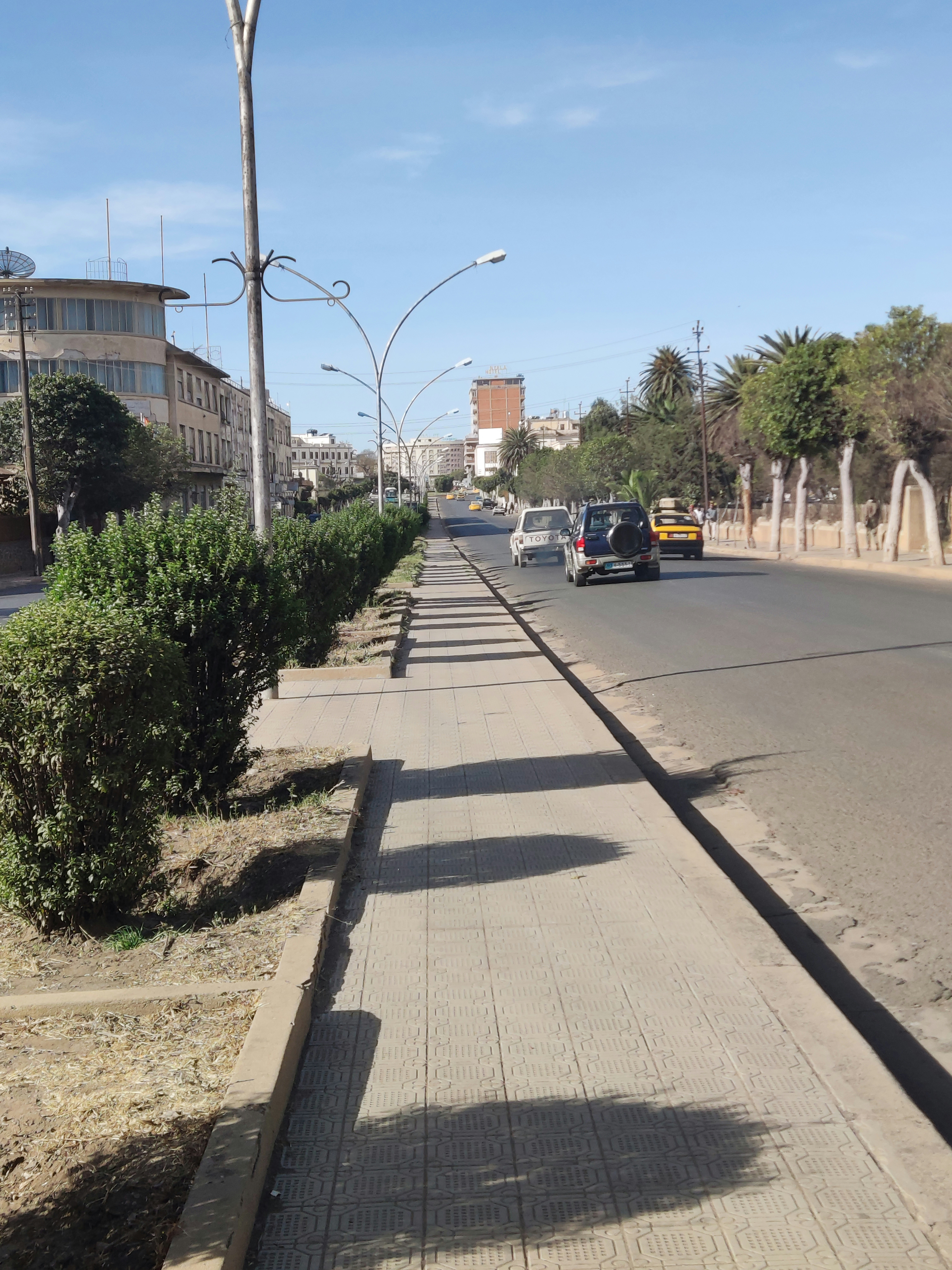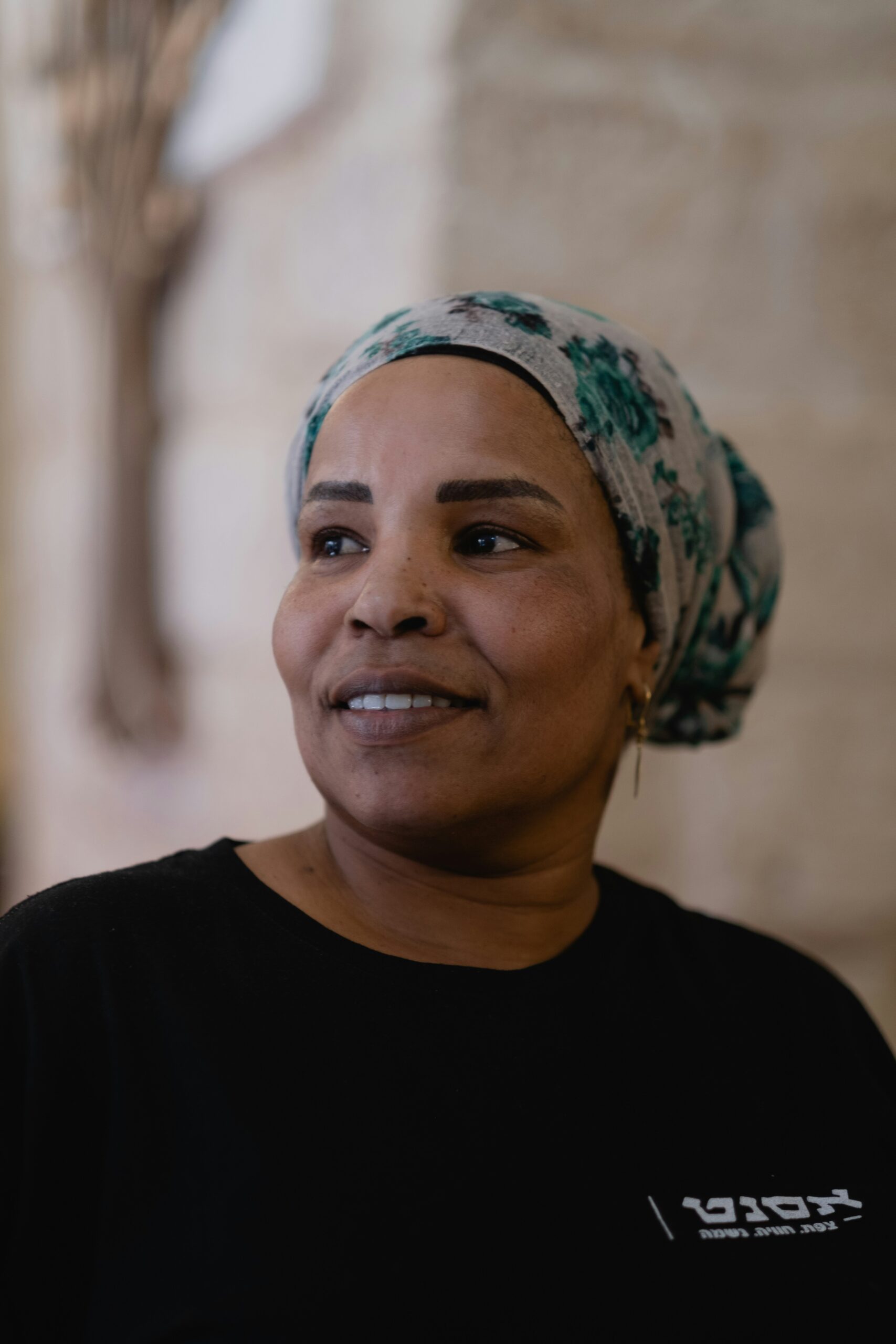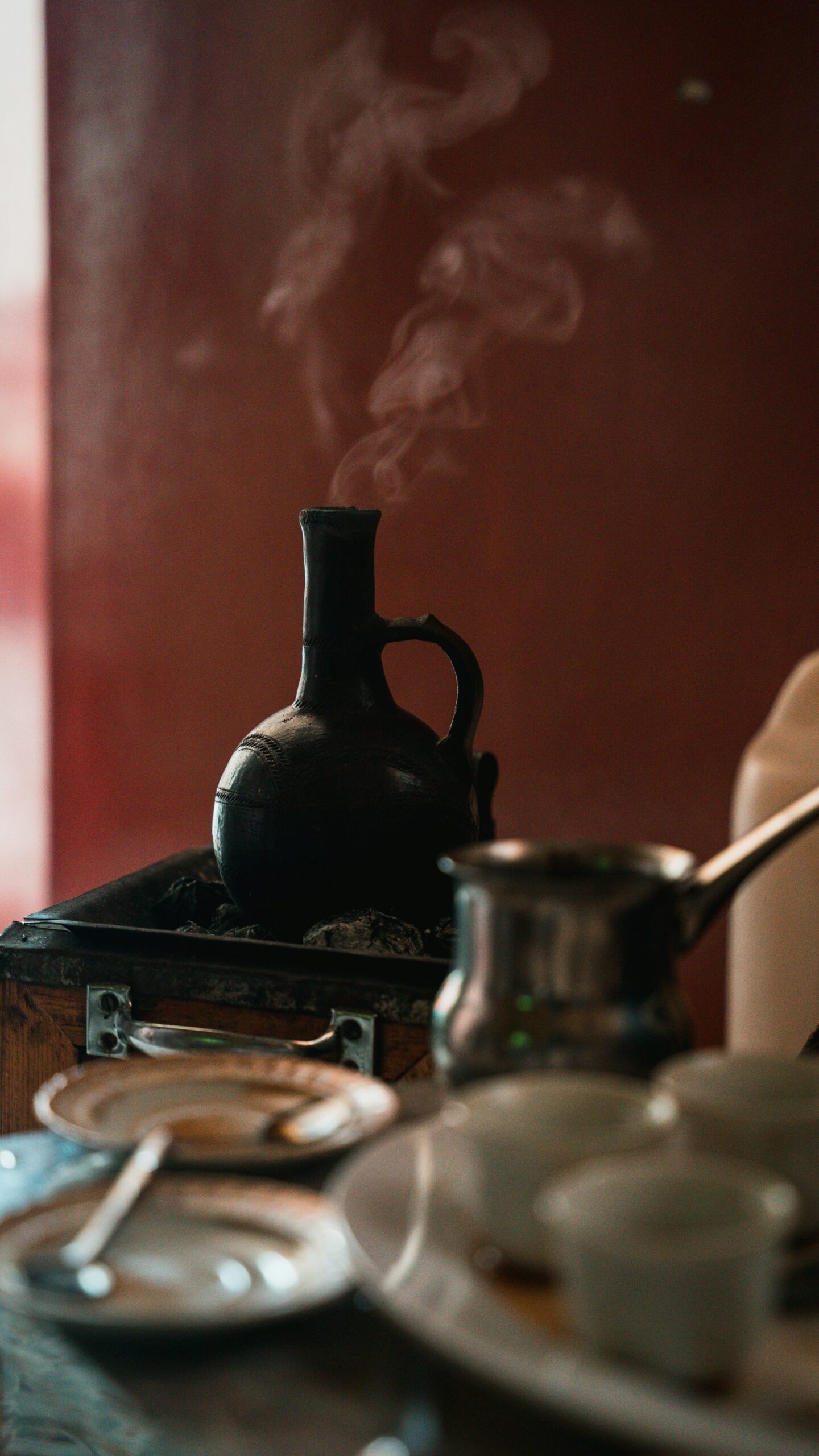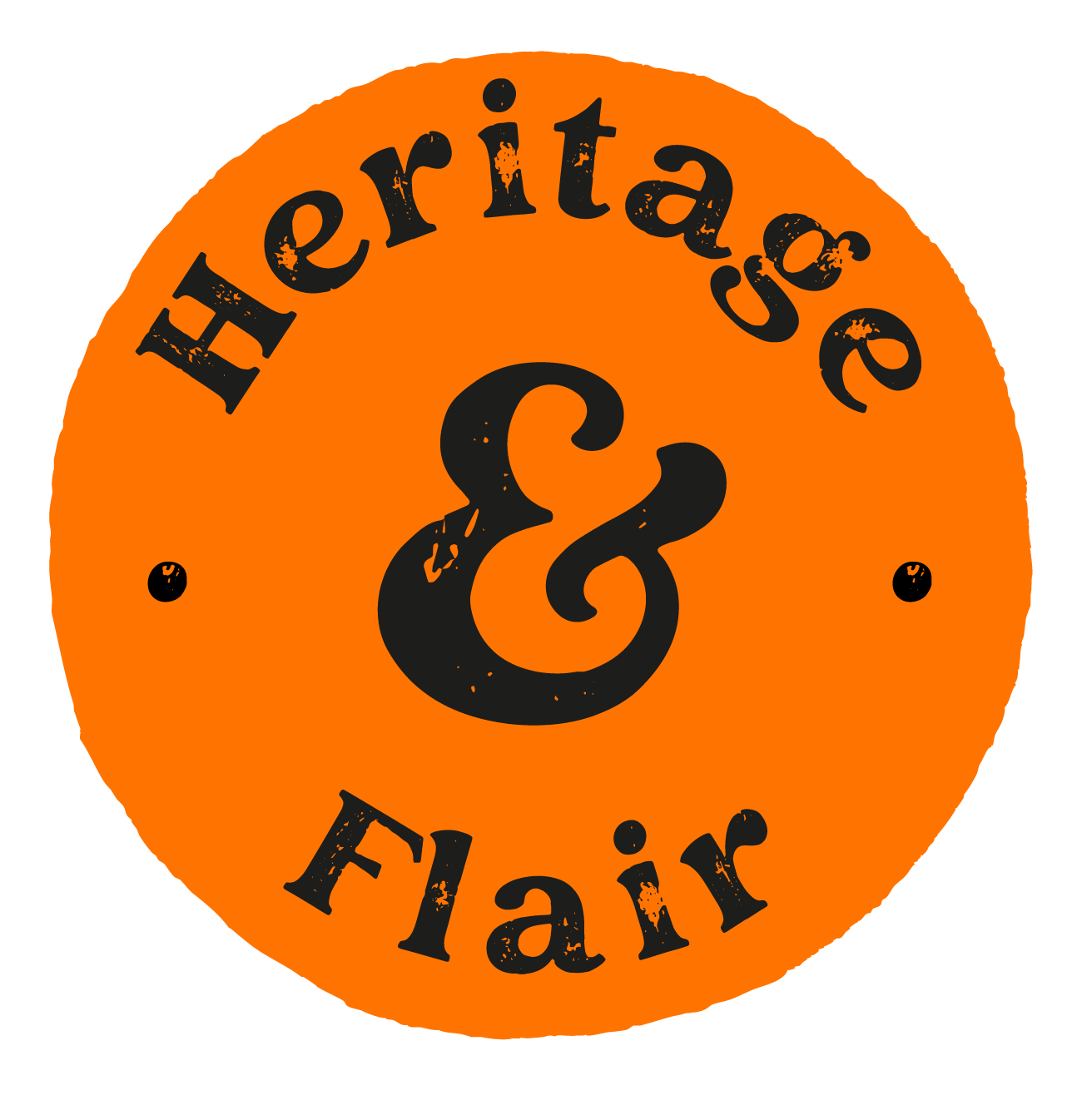
Photo by Mohammed Alameen
Eritrea
Eritrea is located in the Horn of Africa, bordered by Sudan to the west, Ethiopia to the south, Djibouti to the southeast, and the Red Sea to the east and northeast. The country has a varied landscape, including coastal plains along the Red Sea, central highlands, and western lowlands.
Asmara is the capital and largest city, known for its well-preserved colonial Italian architecture and vibrant cultural scene. Massawa is a key port city on the Red Sea, known for its historic buildings and strategic importance. While Keren is the third-largest city, located in the highlands, known for its markets and cultural festivals.
Eritrea has a rich history that dates back to ancient times. It was part of the Aksumite Empire and later came under Ottoman, Egyptian, and Italian colonial rule. It became an Italian colony in the late 19th century and was later taken over by the British during World War II. After a long struggle for independence.
Eritrea gained independence from Ethiopia on May 24, 1993, after a 30-year war of independence. The Eritrean People’s Liberation Front (EPLF) played a crucial role in achieving this victory.
Eritrea is a one-party presidential republic, with the President serving as the head of state and government.
Eritrea’s economy is largely based on agriculture, with a significant portion of the population engaged in farming and herding. The country also has substantial mineral resources, including gold, copper, and zinc, which are being developed to boost economic growth. Fishing along the Red Sea coast is another important economic activity.
Eritrea is religiously diverse, with Christianity and Islam being the two major religions.
Eritrea has a rich cultural heritage influenced by its diverse ethnic groups and historical ties with the Mediterranean and Middle Eastern regions. Traditional music, dance, and art play an important role in Eritrean culture. The country is known for its unique musical instruments, such as the krar (a lyre) and the wata (a string instrument).
Eritrea celebrates several national festivals that reflect its cultural diversity and history. Independence Day on May 24th is a major national holiday celebrated with parades, concerts, and cultural events. Other important festivals include Martyrs’ Day and Revolution Day.
Traditional Eritrean clothing varies by region but often includes garments made from handwoven cotton. The zuria (a white dress) is commonly worn by women, especially during religious and cultural ceremonies, while men may wear the shamma (a white wrap).
Hidden Insights: Uncovering Eritrea
1. Gash-Barka Region: Known as the “breadbasket of Eritrea,” the Gash-Barka region is the country’s most fertile area, producing a significant portion of its agricultural output. The region is also rich in mineral resources.
2. Red Sea Diving: The Red Sea coast of Eritrea is renowned for its clear waters and rich marine biodiversity, making it a prime destination for diving and snorkeling enthusiasts. The Dahlak Archipelago, in particular, offers some of the best diving spots.
3. Musical Heritage: Eritrea has a rich musical heritage with traditional instruments and songs that reflect the country’s diverse ethnic groups. Popular music genres include Guayla and Tigrigna, with artists often singing about love, patriotism, and social issues.
4. Traditional Coffee Ceremony: Similar to Ethiopia, Eritrea has a traditional coffee ceremony that is an important social ritual. Coffee is roasted, ground, and brewed in front of guests, symbolising hospitality and community.

Photo by Levi Meir Clancy

Photo by Yosef Futsum
Capital City: Asmara
Population: 6,343,956
Nationality: Eritrean(s)
Location: Eastern Africa, bordering the Red Sea, between Djibouti and Sudan
Languages: Tigrinya (official), Arabic (official), English (official), Tigre, Kunama, Afar, other Cushitic languages
Religion: Eritrean Orthodox, Roman Catholic, Evangelical Lutheran, Sunni Muslim
Area Total: 117,600 sq km
Eritrea Embassy/High Commission in UK
Address: 96 White Lion St, London N1 9PF
Website: www.eritreanembassy.org.uk
Heritage: What shapes us?
When heritage is mentioned, our minds often leap to the spectacular and the visible: the grandeur of world heritage sites, the majesty of traditional attire, the vibrant swirl of dances and festivals, or the melodies of mother tongues. These are the showpieces of...
HER-itage: Africa’s Phenomenal Queens And Leaders
Honouring and celebrating the incredible contributions of women throughout African history. These remarkable women have shaped nations, led revolutions, and stood against oppression with unwavering resilience. These queens, warriors, and visionaries broke barriers,...
When Curiosity Met Heritage At The Teakisi Family Fun Day
At the Teakisi Family Fun Day, the braiding station became a hub for cultural exchange - a space where curiosity met tradition. Many attendees were eager but had so many questions:* “Can you wash your hair with braids in?”* “How long do they last?”* “Will they stay...
